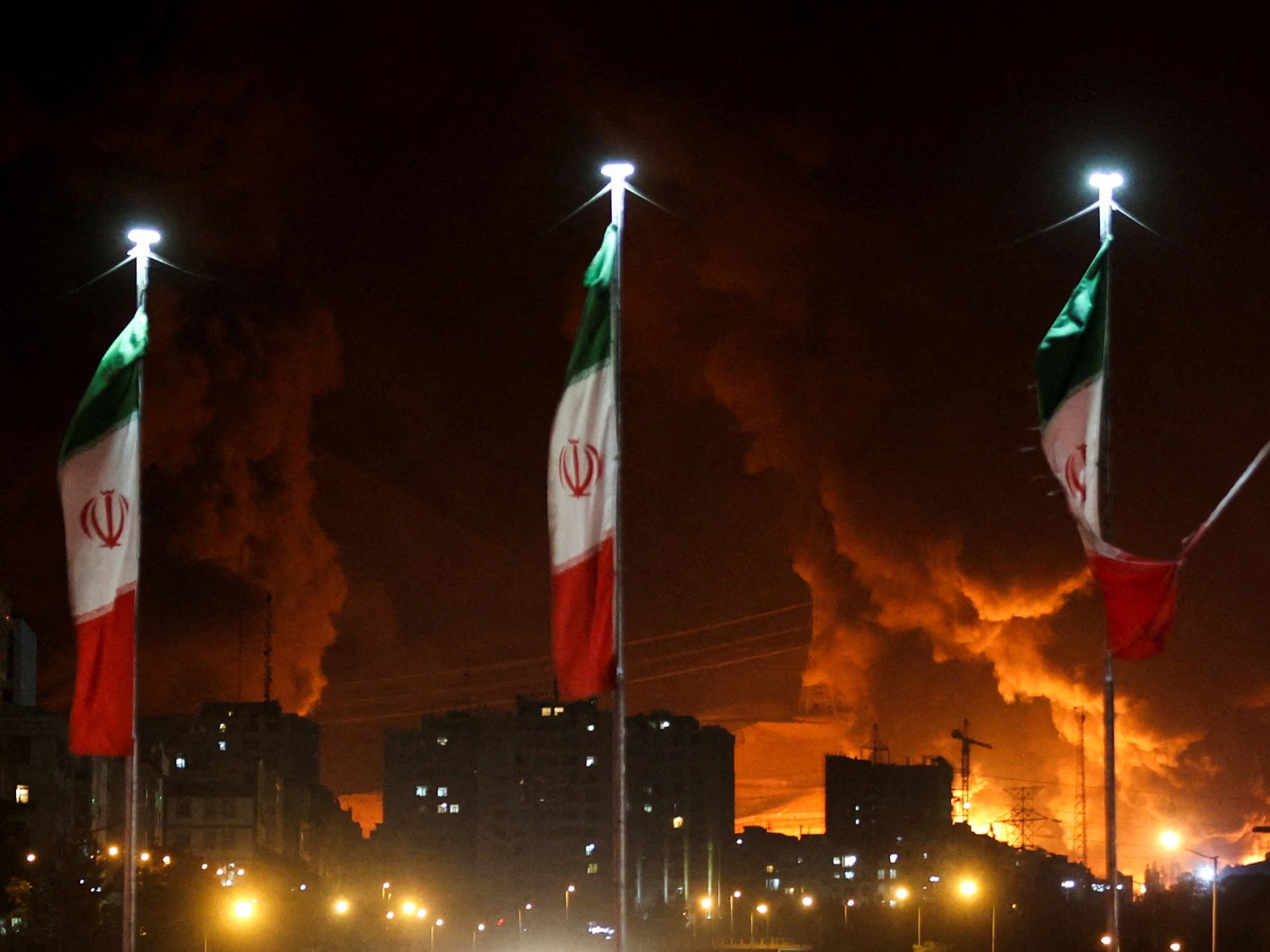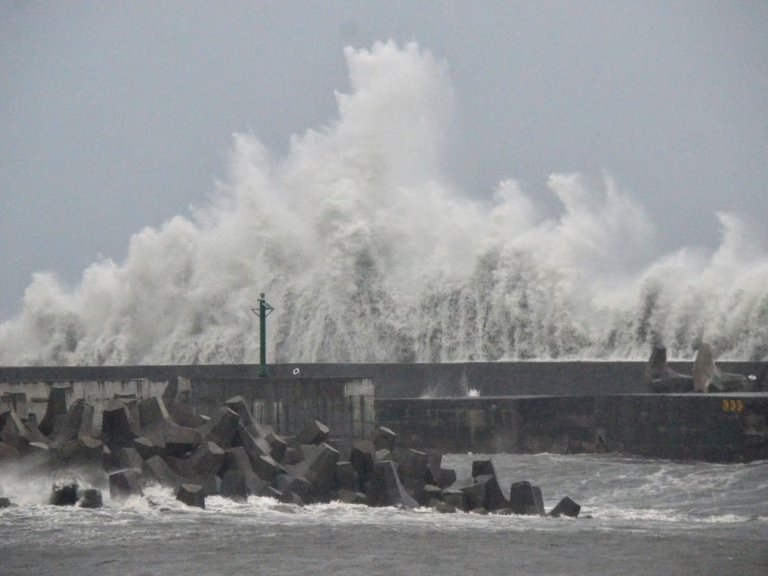Crude oil prices surge by over 4% amid concerns of US involvement in Israel’s campaign against Iran.
Oil prices have increased sharply due to the escalating tensions between Israel and Iran, with fears that the conflict could expand to involve the United States.
Brent North Sea Crude and West Texas Intermediate, the two primary oil benchmarks, experienced a 4.4 percent and 4.3 percent rise, respectively, on Tuesday, following US President Donald Trump’s demand for an “unconditional surrender” from Iran.
At the close of the trading day, Brent North Sea Crude was at $76.45 per barrel, and West Texas Intermediate stood at $74.84 per barrel, following the surge.
In early trading on Wednesday, oil prices continued to rise, with both benchmarks about 0.5 percent higher as of 03:30 GMT.
Geopolitical tensions led to declines in US stocks overnight, with the S&P 500 and the tech-heavy Nasdaq Composite falling by 0.84 percent and 0.91 percent, respectively.
Israel has been targeting several oil and gas facilities in Iran since Friday, including major installations like the South Pars gasfield and the Shahran oil depot, which has increased concerns of a potential disruption to global energy supplies.
Despite the current limited impact on global energy flows, the possibility of further escalation, including direct US involvement, has heightened market uncertainty.
Trump’s heightened rhetoric against Iran on Tuesday has raised fears of a potential military strike against Iran’s uranium enrichment facility at Fordow, adding to the speculation of armed conflict.
In an implicit threat directed at Iranian Supreme Leader Ayatollah Ali Khamenei, Trump stated that the US was aware of his location but did not want him killed “for now”.

Iran holds the world’s third-largest reserves of crude oil and the second-largest reserves of natural gas, though its role as an energy exporter has been significantly affected by US-led sanctions.
In 2023, Iran produced an average of 3.99 million barrels of crude oil per day, accounting for approximately 4% of global oil supply, as reported by the US Energy Information Administration.
The country’s strategic location, sitting on the Strait of Hormuz, a critical chokepoint for 20-30 percent of global oil shipments, further amplifies its influence on global energy markets.
Almost all of Iran’s oil exports are transported via the Kharg Island export terminal, which has thus far avoided Israeli strikes.
Clayton Seigle, a senior fellow at the Center for Strategic and International Studies in Washington, DC, suggested in an analysis that Israel might target Iran’s oil exports to destabilize the country, aware of the vulnerability of the Kharg Island export terminal, which handles nearly all of Iran’s oil exports, averaging 1.5 million barrels per day.
Brent North Sea Crude and West Texas Intermediate, the two primary oil benchmarks, experienced a 4.4 percent and 4.3 percent rise, respectively, on Tuesday, following US President Donald Trump’s demand for an “unconditional surrender” from Iran.
At the close of the trading day, Brent North Sea Crude was at $76.45 per barrel, and West Texas Intermediate stood at $74.84 per barrel, following the surge.
In early trading on Wednesday, oil prices continued to rise, with both benchmarks about 0.5 percent higher as of 03:30 GMT.
Geopolitical tensions led to declines in US stocks overnight, with the S&P 500 and the tech-heavy Nasdaq Composite falling by 0.84 percent and 0.91 percent, respectively.
Israel has been targeting several oil and gas facilities in Iran since Friday, including major installations like the South Pars gasfield and the Shahran oil depot, which has increased concerns of a potential disruption to global energy supplies.
Despite the current limited impact on global energy flows, the possibility of further escalation, including direct US involvement, has heightened market uncertainty.
Trump’s heightened rhetoric against Iran on Tuesday has raised fears of a potential military strike against Iran’s uranium enrichment facility at Fordow, adding to the speculation of armed conflict.
In an implicit threat directed at Iranian Supreme Leader Ayatollah Ali Khamenei, Trump stated that the US was aware of his location but did not want him killed “for now”.

Iran holds the world’s third-largest reserves of crude oil and the second-largest reserves of natural gas, though its role as an energy exporter has been significantly affected by US-led sanctions.
In 2023, Iran produced an average of 3.99 million barrels of crude oil per day, accounting for approximately 4% of global oil supply, as reported by the US Energy Information Administration.
The country’s strategic location, sitting on the Strait of Hormuz, a critical chokepoint for 20-30 percent of global oil shipments, further amplifies its influence on global energy markets.
Almost all of Iran’s oil exports are transported via the Kharg Island export terminal, which has thus far avoided Israeli strikes.
Clayton Seigle, a senior fellow at the Center for Strategic and International Studies in Washington, DC, suggested in an analysis that Israel might target Iran’s oil exports to destabilize the country, aware of the vulnerability of the Kharg Island export terminal, which handles nearly all of Iran’s oil exports, averaging 1.5 million barrels per day.







